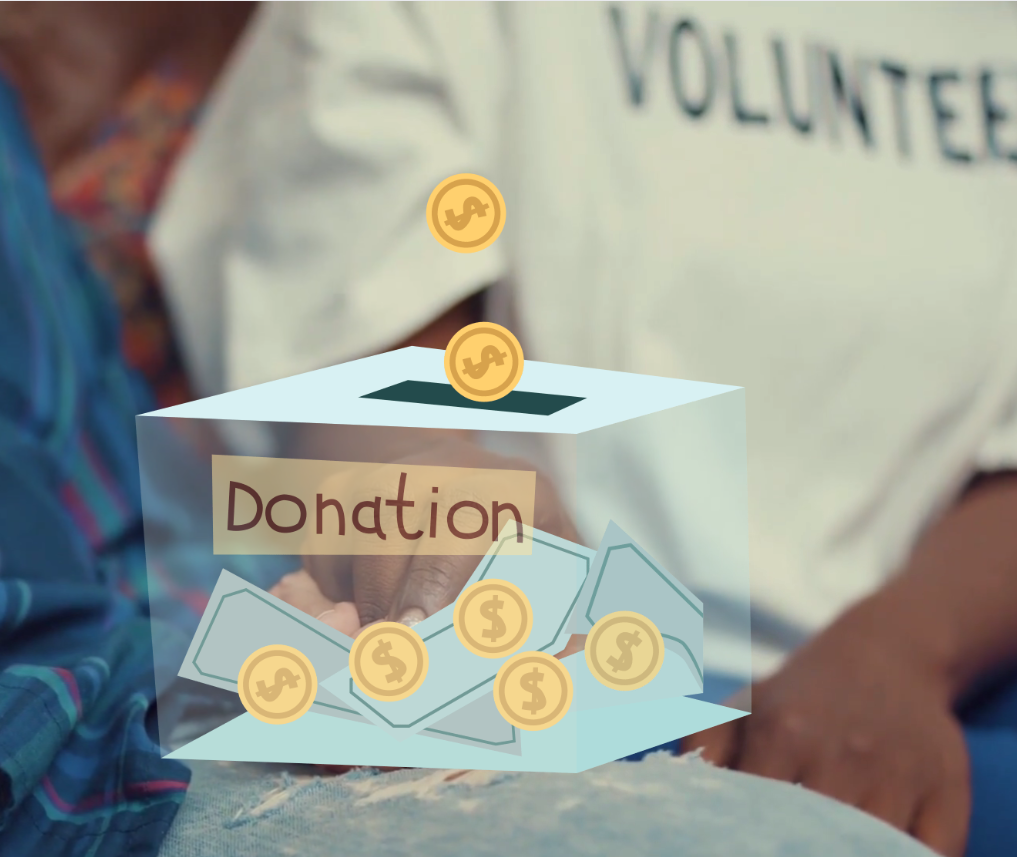In Africa, there is a costly misconception that to have health insurance, you must have a lot of money in the bank or extra cash you don’t know what to do with, which you must then use to pay an insurance company in order to obtain health insurance.
This myth has cost many young lives on the continent, so I’d like to address it here.
There is a really simple way to obtain health insurance for yourself and everyone living in your home.
Having health insurance will increase your life expectancy by shielding you from preventable, fatal diseases.
Growing up in Africa, we viewed those with health insurance as privileged, wealthy, and powerful.
Is this truly the case, or do we simply lack information?

“My people perish because of ignorance.” Hosea 4:6
Health insurance is more affordable than most people believe. To live the right kind of life, it is essential to have an A-plus mindset, pursue continuous personal development, and increase your financial independence.
I am a member of the “prevention is better than cure” school of thought, which holds true when discussing health insurance.
When you have health insurance, you will no longer wait until you are gravely ill or in excruciating pain to seek medical attention.
A healthy body equals a healthy mind, and a healthy mind is one that is prepared to make significant strides.
A young person with health insurance is financially independent because timely medical examinations allow them to treat life-threatening illnesses. As the saying goes, a stitch in time saves nine. And having a healthy body allows you to pursue your career and earn even more money.

Because you could get sick if you work so hard that you don’t have health insurance. Most likely, you’ll take all the money you’ve worked hard to earn and give it to a doctor in exchange for your life.
My partner just helped some of his friends from boarding school get health insurance for themselves and their families. This project became very important because they had lost a few friends and some friends had lost their children because they didn’t have enough money.
People use GoFundMe to get help paying their medical bills when they get sick and need medical care. The problem with these plans is that they can’t happen because they depend on goodwill. So, I want to tell everyone in Africa who reads this to follow these steps and get insurance as soon as possible.
THE FIRST STEP
Meet up with people from any association, meeting, group, or fraternity you’re part of. If you don’t already have one, make an emergency WhatsApp group and tell the people in it why you’re doing what you’re doing.
THE SECOND STEP
Tell them the five most important reasons why they need to join forces with you right away so that you can all get health insurance. Write down everyone’s name who agrees with the idea, and then only work with those people.
Choose the two people who will lead the initiative. These people will get in touch with insurance companies to find out what the rules are. People in Cameroon can get quick answers from SAHAM Insurance and Zenith Insurance.
THE THIRD STEP
Set up meetings with the insurance companies you’ve chosen and talk about how the policy will work and how much each member will have to pay.
Why should a group go to the insurance company?
In Africa, the truth is that insurance companies make premiums more affordable when many people buy coverage. When it comes to the premium, the more people there are, the less they have to pay.
For example, when it’s raining and two or three people share a $10 umbrella, they’ve saved $20. So instead of everyone getting their own umbrella, it’s easier and cheaper for everyone to get one together.
This is the case with health insurance plans in Africa, which is exciting. I live in the UK, which has a public health care system called the NHS. However, I know that some people have private health insurance for a variety of reasons
THE FOURTH STEP
Giving feedback to the other members about the paperwork and money everyone needs to put up in order to close the deal.
THE FIFTH STEP
Fill out all the forms and other paperwork and send them to the insurance company.
At this point, if all administrative procedures are in order and all financial obligations have been met, the insured will be told what the policy covers, what the terms and conditions are, and so on. The policy may then go into effect.
Congratulations, you can now walk into a hospital with your pockets turned inside out or your purse on its side and demand help if you need medical care or have an emergency.